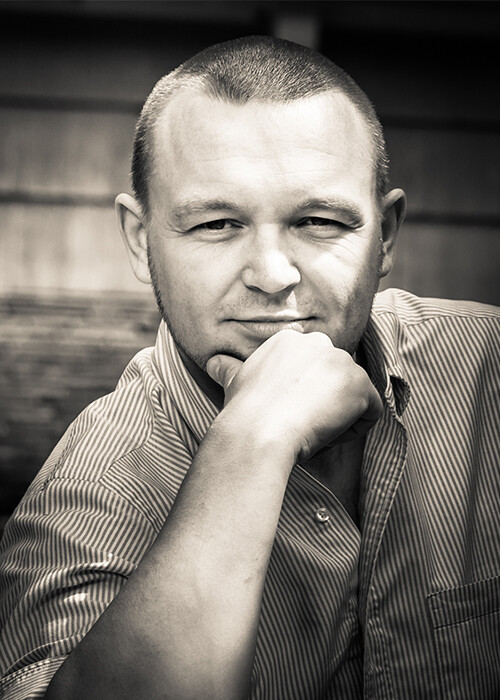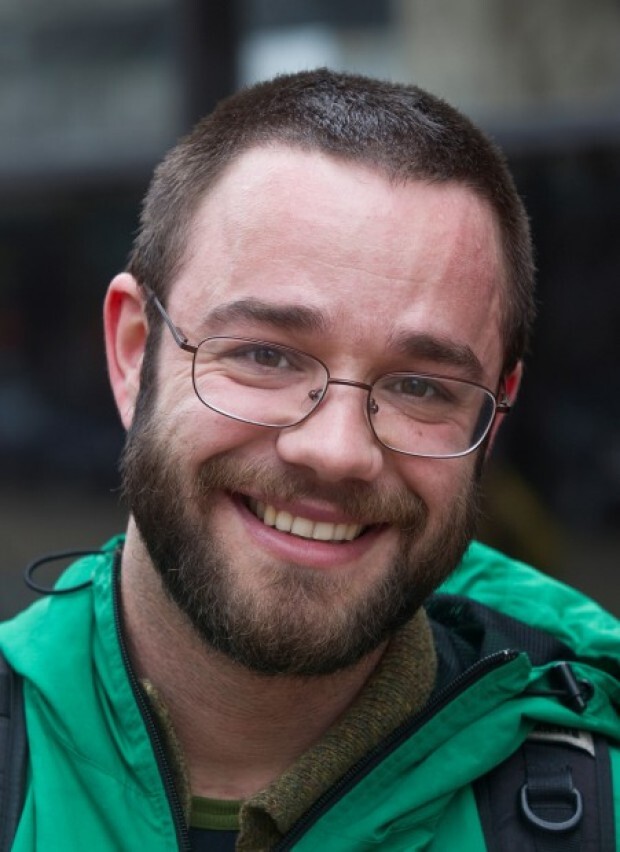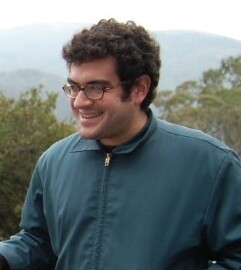
The Center for Digital Research in the Humanities and University of Nebraska-Lincoln Libraries have named this year’s student fellowships in the Digital Scholarship Incubator.
The Digital Scholarship Incubator launched in 2014 to support and develop student-led digital humanities research that extends beyond the classroom. The incubator, located in Love Library, provides one-on-one and group consultations with UNL faculty and staff, work space, access to hardware and software, and other professional development opportunities. The fellows also receive a stipend to help with research projects.
Elizabeth Lorang, digital humanities projects librarian and director of the incubator, said the fellows began work on projects May 26.
“This year’s projects represent tremendous variety in subject matter, disciplines, and methodological approaches,” Lorang said. “Also important is that the digital methodologies are truly central to advancing the fellows’ research – they’re not tacked on, or digital for digital’s sake. The fellows are pursuing questions and goals that may very likely have been out of reach, if not unimaginable, without digital approaches.”
This 2015 fellows are Mikal Eckstrom, Joseba Moreno, and Eric Saxon.
Eckstrom is a doctoral candidate in the Department of History. His project is Marginalized Tribes: Shared Experiences of Jews and Native Americans in the Dakotas, 1850-1935.
Like many histories of the American West, federal records are riddled with bias about non-Native interactions with American Indians. Eckstrom’s project intends to overcome these prejudices through computational analysis. By using computational analysis with both American Indian oral testimonies and journals of Jewish families, the project aims to discern gendered pressures unique to the Jewish and American Indian experiences during allotment in North and South Dakota.
He will be blogging the development of his project weekly.
Moreno is a doctoral student in the Department of Modern Languages. His project is La nueva literatura en los manifiestos literarios [The New Literature in Literary Manifestos].
Moreno’s project focuses on artistic manifestos of the Spanish literary avant-garde and offers an archive of these manifestos from the early 20th century, as well as critical analysis of the manifesto as a genre. La nueva literatura includes digital images, transcriptions of the manifestos, and essays on the texts as well as the artistic movements they introduce. The project’s goal is to serve as a pedagogical hub centered on Spanish literature from the first three decades of the 20th century.
Eric Saxon is a student in the Graduate Certificate Program in Digital Humanities. He has a master of arts in Art History. His incubator project is The Art of Jeff Randall.
The Art of Jeff Randall presents a digitized retrospective of Lincoln outsider artist Jeffery Randall (1967-2012), gathering together works previously exhibited in museums and galleries, publicly unseen work, and personal ephemera produced in the artist’s daily life.
Adding new media techniques such as 3-D imaging to traditional and current art historical methodologies, the project uses the digital archive format to provide greater access to and analysis of the artist’s work, and engages the scholarly conversations about outsider art specifically, and art history in general.
The fellows will give presentations on their projects at the end of the summer term.










